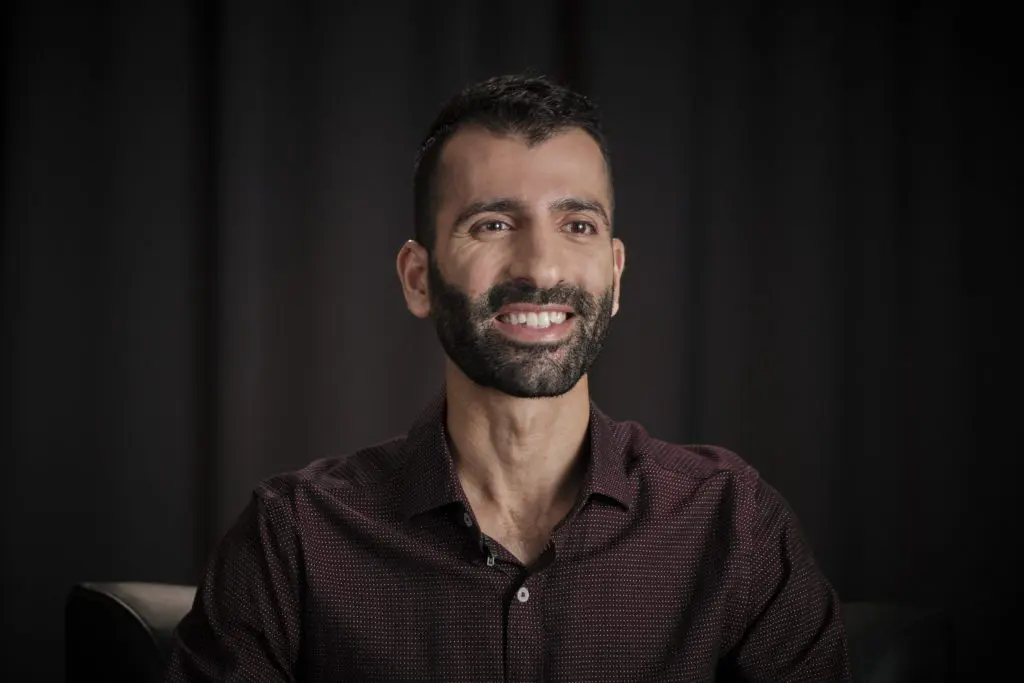At this moment, my cohort and I are well into our fourth semester on the Psychiatric Nursing Program. This semester includes our First Nations Health class, Introduction to Counselling, and our coveted medical/surgical theory and clinical. My clinical group is just beginning and getting settled at Chilliwack General Hospital for our medical clinical which I will discuss once we’ve settled into a routine some more.
I think it’s important to discuss our Introduction to Counselling course. We first reviewed the context and history of counselling in B.C. Within our role as psychiatric nurses, we aren’t necessarily doing counselling per se, but we do utilize the theories and skills intricately. For instance, this week’s and last week’s discussion was on Carl Rogers’ theory of person-centred counselling. First, we explore what it is person-centred counselling, and reviewed an actual interaction between Carl Rogers and a client. We critiqued his micro communication skills at play and reflected upon our own micro communication strengths. Next, we reviewed a case study of the contemporary use of person-centred theory in practice, and what the strengths and limitations are within our own practice and within the context of counselling in B.C.
What I found in my case study was the devotion to Rogers’ theory on person-centred counselling by this particular nurse was quite helpful in developing her practice as a palliative care specialist nurse. However, I also understand that there are limitations to each counselling theory, and Rogers’ belief that people are essentially trustworthy, social, and creative means that there are quite a few limitations to his theory within the context of chronic and persistent mental illness.
When you think of nursing and counselling, do those two go hand-in-hand? I didn’t think so, my image of a nurse has always been the task-focused person running around to meet the needs of patients. Prior to starting the RDPN program at Stenberg, I never thought of nursing as being able to sit down and simply talking to a patient, and building the trust to a point where they will spill their greatest fears and anxieties onto you. That doesn’t just happen overnight as I discovered in Acute Psychiatry, that takes time, developing trust and rapport, and signing onto theories of communication, philosophy, understanding the biological connection, and being an empathic and non-judgemental nurse.
In the year since we started this program, I began an exploration of the kind of person I really want to be. Of course I existed within my personality before, but I never really understood my place and position in the world. Today, I find myself not only more forgiving and patient, but also more helpful and empathetic. I have developed critical thinking beyond what I ever imagined critical thinking even was. I no longer look at the world as black and white, but with all sorts of shades of grey mixed in. I’m looking forward to what the next year has in store for us in RDPN 1114, more change is bound to happen, both to us as learners and to the profession as a whole and I’m excited to share that with you all!










